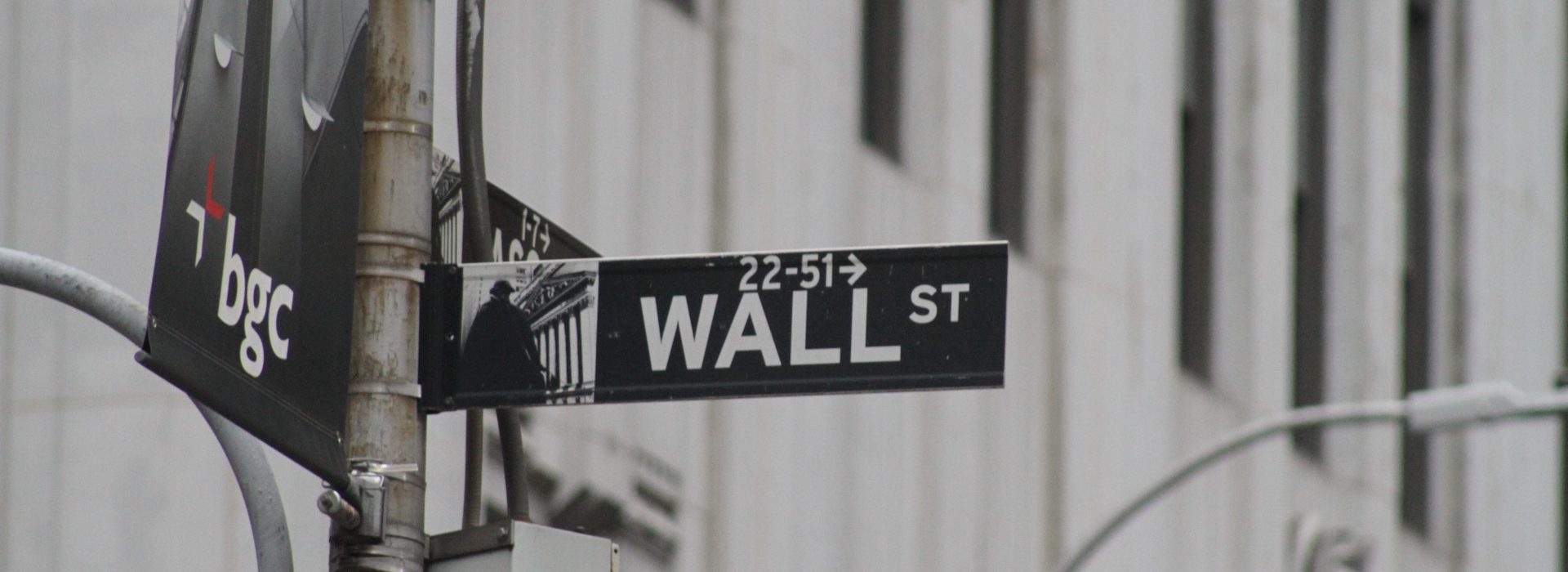The Gross Domestic Product (GDP) has long been considered the gold standard for measuring a country’s economic success. However, an increasing number of economists and policymakers argue that GDP is an inadequate metric, as it fails to capture essential aspects of human well-being and societal progress. In this article, we explore the limitations of GDP and the emerging alternatives that offer a more comprehensive view of economic prosperity and human flourishing.

Photo by on Pexels
The Narrow Focus of GDP
While GDP measures the total value of goods and services produced within a country, it primarily emphasizes economic growth and material wealth. However, this narrow focus overlooks critical aspects of a society’s well-being, such as income distribution, quality of life, and environmental sustainability.
Ignoring Social and Environmental Factors
GDP does not consider social factors like education, healthcare, and poverty levels, which are crucial determinants of a population’s overall prosperity and happiness. Furthermore, the metric fails to account for environmental degradation and resource depletion, undermining the planet’s ability to sustain future generations.
The Well-Being and Happiness Deficit
Countries with high GDP may still struggle with social inequality and declining well-being among their citizens. Happiness and well-being cannot be fully measured by economic output alone, as they encompass complex factors such as mental health, social connections, and sense of community.
Emerging Alternative Metrics
To address the shortcomings of GDP, several alternative metrics have gained traction among economists and policymakers. These new frameworks seek to provide a more holistic view of societal progress and well-being.
Inclusive Wealth Index (IWI)
The Inclusive Wealth Index considers not only produced capital, like infrastructure and machinery, but also natural and human capital. It acknowledges that genuine wealth encompasses the health of ecosystems and the well-being of human capital, going beyond purely financial indicators.
Genuine Progress Indicator (GPI)
The Genuine Progress Indicator adjusts GDP to account for social and environmental factors. It factors in income inequality, household work, crime rates, and environmental costs, providing a more nuanced understanding of a nation’s progress.
Bhutan’s Gross National Happiness
Bhutan’s Gross National Happiness Index measures prosperity based on spiritual, physical, social, and environmental well-being. The Bhutanese government uses this unique metric to guide policymaking, prioritizing the happiness and contentment of its citizens over economic growth.
Global Efforts for Change
International organizations like the United Nations and the World Bank have recognized the limitations of GDP and are exploring alternatives to complement or replace it. The emphasis is shifting towards metrics that account for social equity, environmental sustainability, and overall well-being.
Conclusion: Redefining Progress
As the flaws of GDP become increasingly apparent, the need to redefine progress becomes imperative. Embracing alternative metrics that consider social, environmental, and economic dimensions can guide policymaking towards more sustainable and equitable outcomes. A comprehensive approach that values human happiness, ecological health, and the well-being of all living beings holds the promise of a brighter future for our planet and its inhabitants.
For a deeper exploration of the limitations of GDP and the emerging alternatives, refer to the original article: GDP Is the Wrong Tool for Measuring What Matters.












